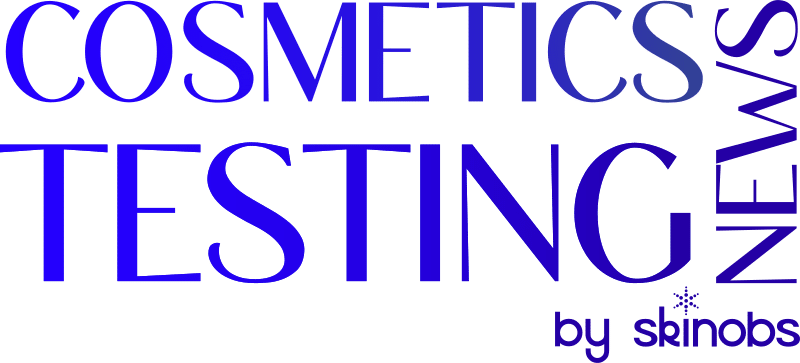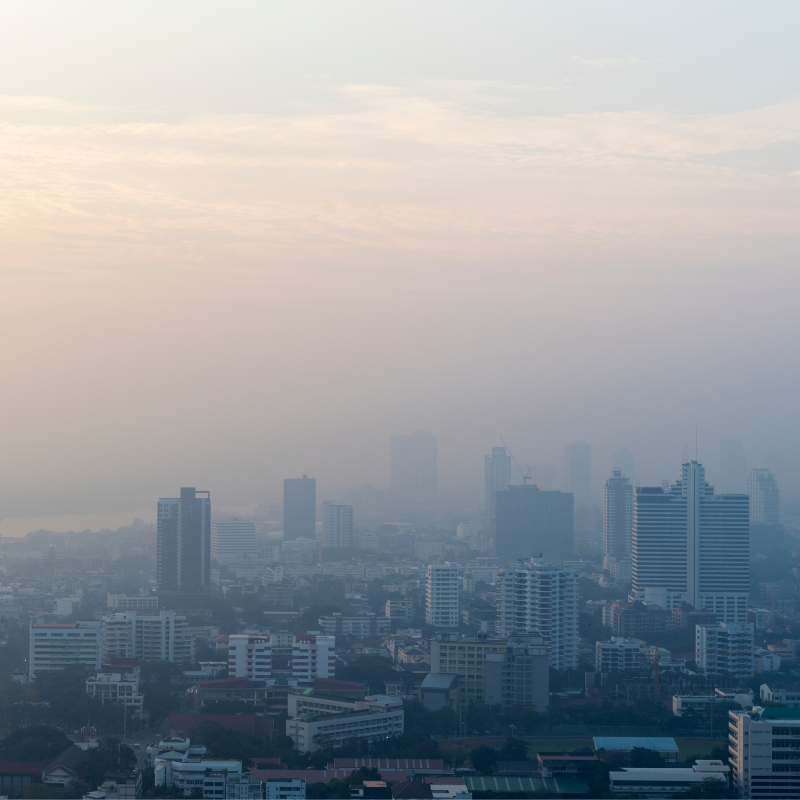A recent Research Letter published by the Journal of the American Medical Association describes an online study of 261 dermatologists to whom sunscreen data was presented in different ways. The goal was to see how it impacted their perception of sunscreen efficacy.
It is well-known that a sun protection factor (SPF) indicates a sunscreen’s effectiveness in preventing sunburn. And from a technical standpoint, sunburn depends on the amount of erythema-inducing radiation (EIR) that actually reaches the skin; not the amount absorbed by sunscreens.
As such, as the authors explain, doubling an SPF from 30 to 60 does, in fact, halve the percentage of EIR transmitted to the skin; from 3.3% to 1.7%. This means the media and health professionals often incorrectly state that SPF levels above 30 offer only minor improvements in sun protection.




